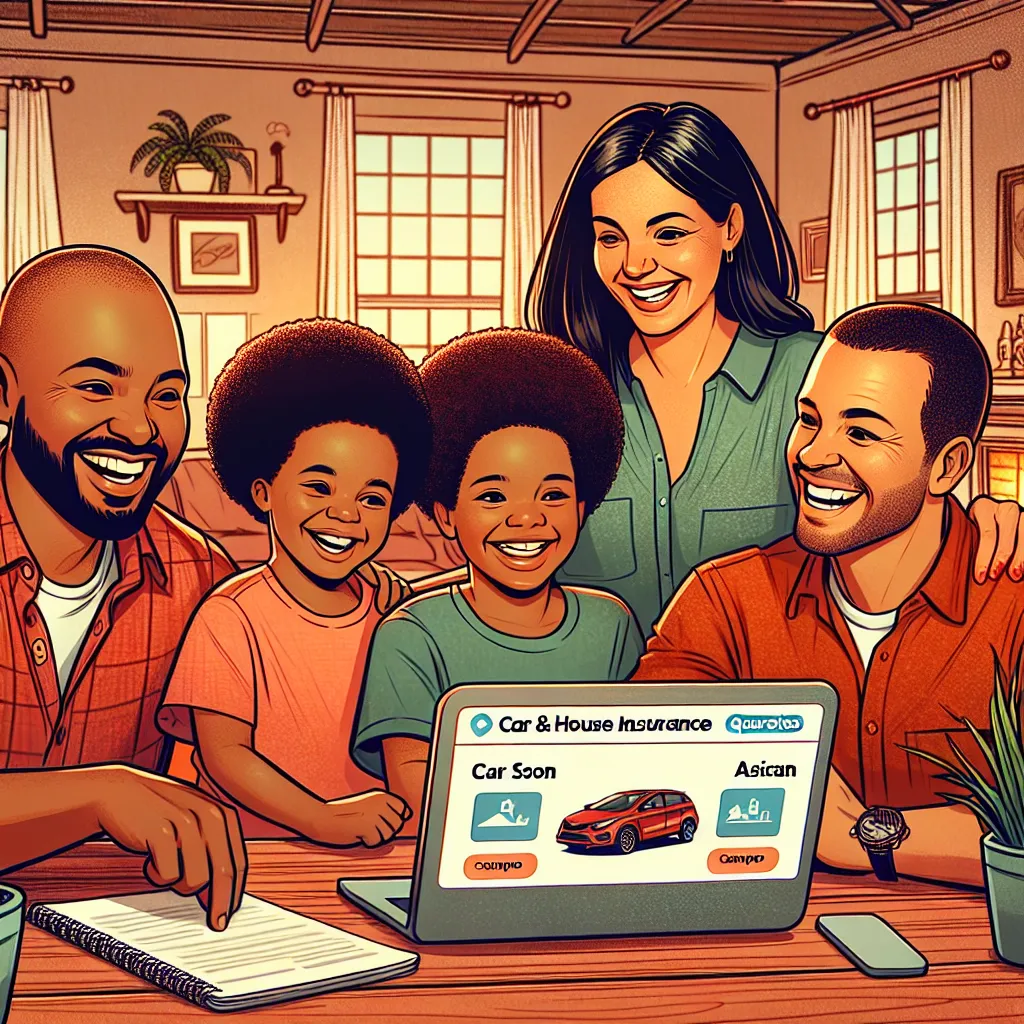Tag: Insurance Discounts
-
Unlock the Best Deals on Affordable Car Insurance

Discover how to find affordable car insurance that offers great coverage, discounts, and peace of mind without breaking the bank. Read more
-
Unlock Savings with an Auto Home Insurance Quote

Discover how an auto home insurance quote can help you save money, simplify management, and get the coverage you need. Learn more now. Read more
-
Mastering Car and House Insurance Quotes for Better Savings

Discover how to compare car and house insurance quotes effectively, unlock discounts, and save hundreds on your coverage today. Read more
-
Understanding Your Car Insurance Expenses

Discover the true average car insurance cost, what influences it, and how to lower your premiums with practical tips and insights. Read more


